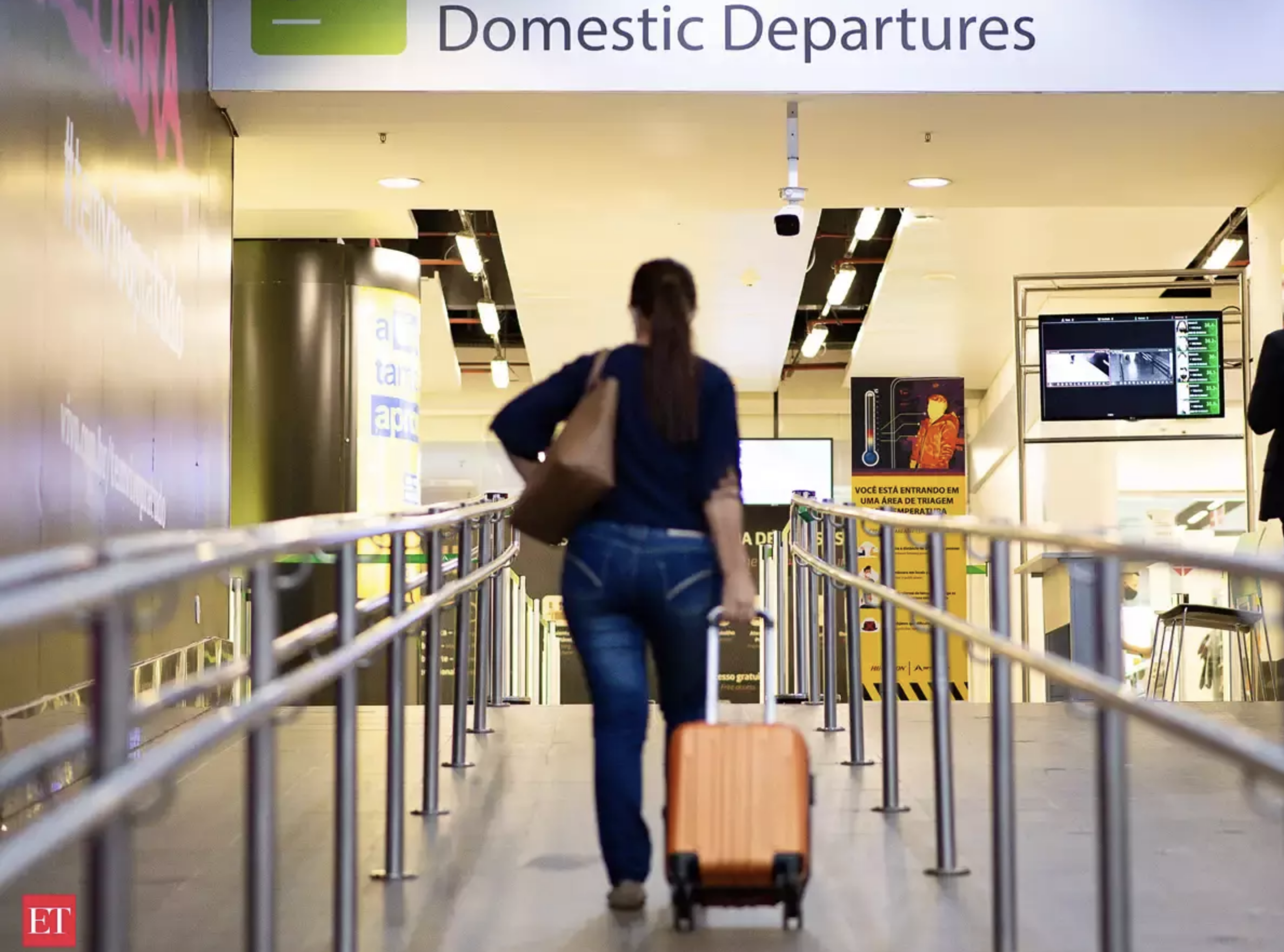The International Air Transport Association (IATA) has urged for consumer protection regulations to acknowledge the shared responsibility of all aviation stakeholders during flight disruptions. The call comes alongside newly released survey data that demonstrates passengers' trust in airlines to handle flight delays and cancellations fairly.
In situations where passenger rights regulations exist, airlines typically bear the brunt of care and compensation when flight disruptions occur. This is the case irrespective of which segment of the aviation chain may be at fault. IATA, therefore, urges governments to ensure a more balanced distribution of responsibility for flight disruptions across the aviation ecosystem.
IATA's Director General, Willie Walsh, stated, "To truly improve service, passenger rights regulations should drive all parts of the aviation system to strive for excellent customer service. The existing model, where airlines are solely responsible for compensation in case of delays or cancellations, doesn't incentivize other parts of the aviation system to improve their service. This needs to change - we need a shared accountability model."
While deregulation of the airline industry has increased consumer choice, reduced fares, and expanded networks over decades, a recent re-regulation trend threatens these gains. More than 100 jurisdictions have developed unique consumer regulations. This includes the EU's controversial 261 Regulation, which has been interpreted over 70 times by the European Court of Justice and is increasingly being adopted globally.
Walsh emphasized that the regulation's failure to address shared accountability among aviation stakeholders has reinforced service inadequacies. He cited the 20-year stagnation towards a Single European Sky as an example of the adverse effects of unequal responsibility distribution.
The post-Brexit United Kingdom has an opportunity to reform EU 261, with potential revisions aimed at more balanced passenger rights. In contrast, Canada's balanced regulatory regime is at risk due to policy changes, particularly around safety-related compensation. The US, however, seems to be mandating compensation for delayed or cancelled flights despite airlines already offering such relief voluntarily.
Walsh urged caution against overregulation, highlighting that customer choice and competition are the best guarantors of good service. A recent IATA/Motif survey showed that 96% of passengers reported satisfaction with their overall flight experience, with 73% confident in fair treatment during operational disruptions. The survey also revealed that 91% of respondents believe all parties involved in flight delays or cancellations should aid affected passengers.
Walsh stated, "Politicians should trust the public's instinct and not regulate away the distinctive business models and choices available to travelers today."
